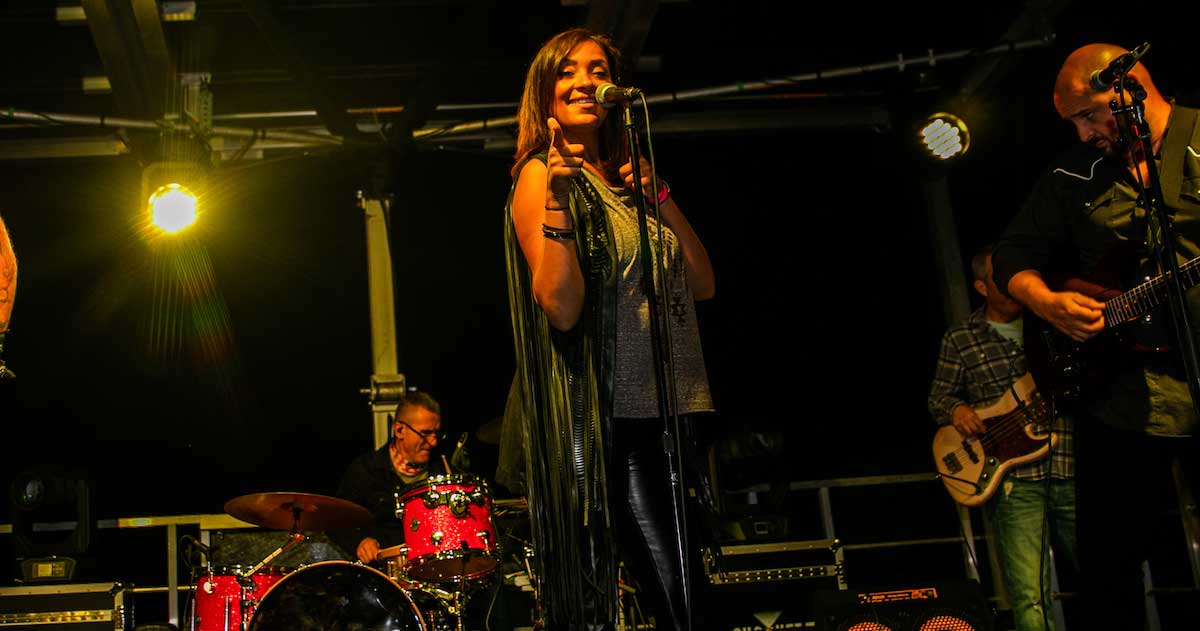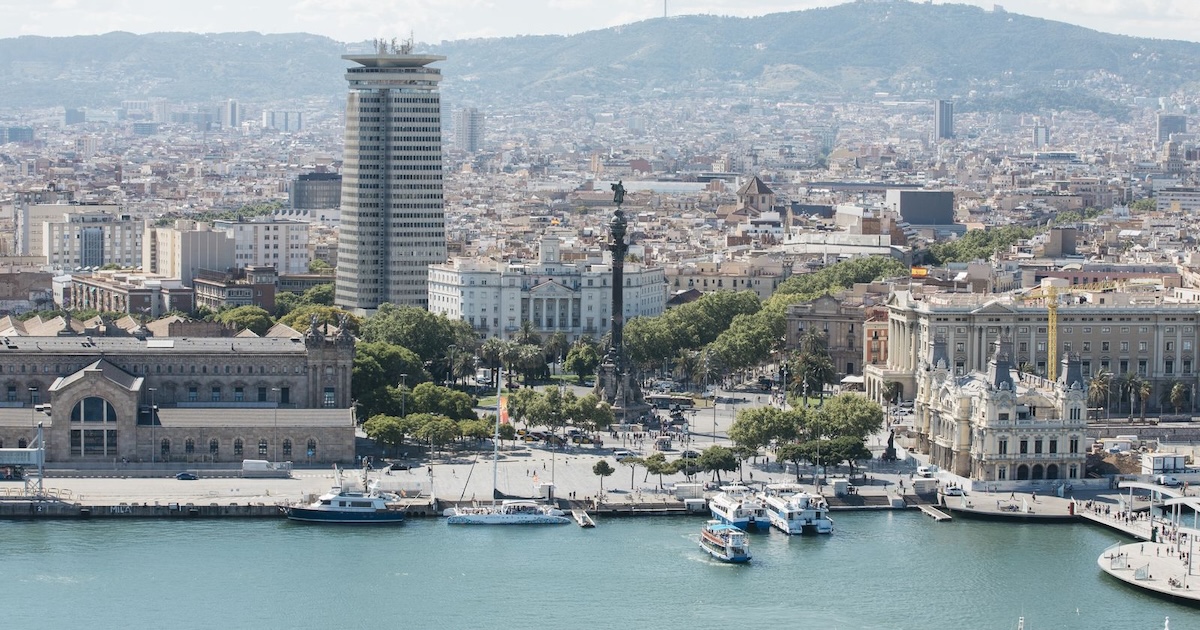When the pandemic began, the hospitality industry was devastated. Within this part of the economy, no segment was hit harder than the entertainment and arts community. Theaters closed, concerts ceased and cruises stopped hiring talent. All entertainment offerings that required gathering, even for small events, were shut down indefinitely. Patrons started to demand ticket refunds and many clients and concert promoters cancelled programs and requested that deposits be returned, citing an “Act of God.”
Programs that were not cancelled were postponed, putting artists in a “holding pattern” indefinitely, leaving them without compensation for the foreseeable future. Most entertainment professionals are independent contractors without access to unemployment and healthcare benefits through an employer. Artists also have families to feed and bills to pay and very little security. They have dedicated their lives and livelihoods to their art and are often highly trained and educated in their chosen artistic profession.
The reality is that the majority of artists don’t make large incomes unless they are well-known celebrities. And even major celebrities have support staff to take care of including managers, agents, musicians, production managers, tour managers, crew, backup singers, publicists, trainers, dancers, coaches and more. The COVID-19 pandemic has been more catastrophic to the arts and artists than any event in modern history.
Artists and creatives bring new perspectives and innovative ideas, both of which are urgently needed in 2021 and beyond.
Without the ability to travel, talent that wanted to keep working during the pandemic was forced to pivot immediately to accommodate the needs of virtual events. If an artist was booked prior the pandemic, they had to repurpose themselves. For any hope of keeping a deposit or obtaining additional compensation, they had to pay for and create a desirable Zoom or streaming production platform as well as a demonstration tape of themselves performing successfully in a virtual medium. If they wanted to get new work, they had to lower their fees and go hunting for it online, competing with thousands of others. Many of their representatives at agencies were laid off too, leaving artists to scramble and try to negotiate without prior experience marketing their own talents. They felt tremendous pressure to accept any possible form of compensation to pay the bills, even if it was well below what they deserved to be paid.
If that was not enough, they were dealing with another challenge. In the past, artists could focus on their creative talents without the worry of handling their own audio, video, camera work, lighting, special microphones, internet connection, etc. Not anymore. Overnight they were expected to perform in a new medium and handle everything on their end to present themselves professionally and in an entertaining way, at their own expense. Some talent and keynote speakers were able to adapt quickly. Others decided to wait it out and some continue to reinvent themselves hoping that their paychecks will eventually return to normal. But this is not normal and there is no determined end date for them to return to previous incomes or a sense of “normal.”
As we look ahead to the latter part of 2021, it seems that there is not much hope to bring large crowds back to convention centers, hotels, theaters or concert venues. Artists that depend on a percentage of “the house” for their paychecks for public events will be hurt further as facilities work to cut their paychecks based on gross receipts working with drastically reduced occupancy requirements. Many artists will be forced to change professions and many presenters of artists simply won’t survive.
Virtual Event & Meeting Management Program Plan and execute both live and virtual events.
And yet, event buyers and meeting planners in a virtual space seem to continue to believe that talent should perform for their meetings and events for “charity” or for less than their normal wage and, in most cases, nearly for free. One prospective client said to me, “Well, they are just sitting at home, why can’t they do something for 1/10th of the normal live fee, especially during a pandemic?” Really? Would you expect a surgeon to perform an operation for 1/10th of their fee because there is a pandemic going on? Or how about a carpenter or painter, should we expect them to build a bookcase or paint a room for 1/10th of the fee? Many of the clients asking for these reductions in wages for artists are successful corporations that are not suffering profit-wise during these times but still expect talent to work for next to nothing.
If you witnessed the recent U.S. presidential inaugural festivities, you observed how the arts added tremendous engagement to the virtual, live and hybrid components of this event and how artists kept viewers interested and engaged. Artists add value to meetings in much the same way and are a critical part of program offerings in order to retain the waning attention spans of virtual attendees.
So when you’re planning an event for your organization, please consider that the artist you book should not have to lower their fee an unreasonable amount as incentive to get the job. That approach hurts all artists, now and in the future, because it means you are viewing them as a commodity and taking advantage of their current desperate situation. If you don’t have the dollars to put into talent offerings, work extra hard to find a sponsor to pay for quality talent and be willing to offer them and their representatives a reasonable fee that is no less than 1/2 of what they would charge for a live event pre-pandemic. Be willing to pay for good production values on top of the artist fee so that your audience gets a high-quality experience and stays attentive and engaged. And consider the charitable element of supporting the artist and their representatives instead of the other way around.
Meeting planners in a virtual space seem to continue to believe that talent should perform for their meetings and events for “charity.”
During this challenging time of virtual and hybrid events, planners are already saving a great deal of money on travel costs and extras for talent, so overall costs are reduced. If you choose your talent wisely and pay them well, you will find that the talent will provide the engagement that helps your event succeed and that they represent an excellent ROI, so be willing to pay for that service. Talent will also have you laughing, dancing and celebrating life—and who doesn’t need more of that?
The arts are something we should value now more than ever. Artists and creatives bring new perspectives and innovative ideas, both of which are urgently needed in 2021 and beyond. Artists should be compensated and valued for what they do to inspire and motivate us to do better in our jobs and for our world. We need to support them in any way that we can if we hope to return to the theater, convention center, trade show, concert hall, park district, cultural center, cabaret, club or festival in the future.







